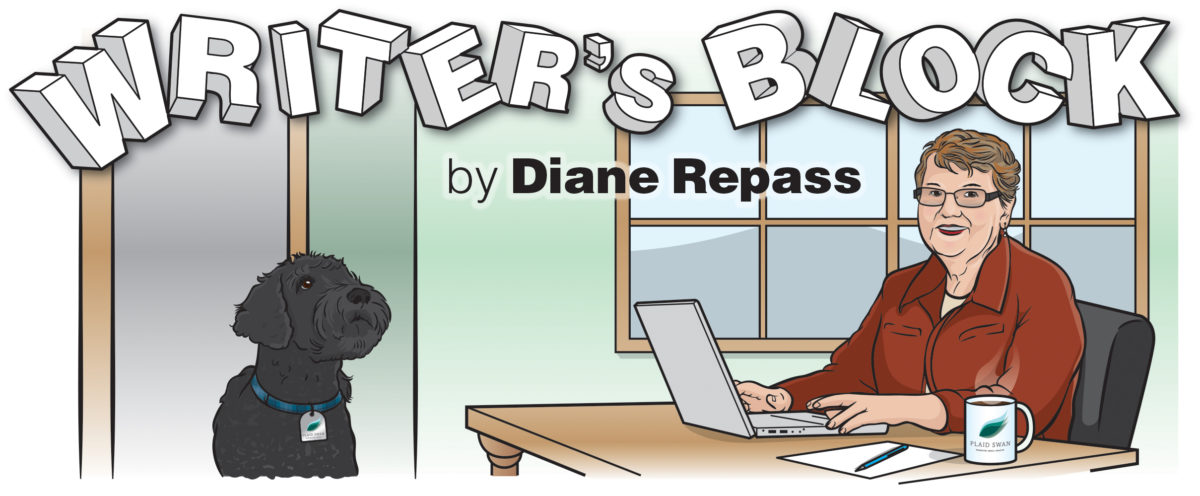Phrases That Have Outlived Their Original Meanings
Every language has its special phrases that no longer make sense if you look at the exact meanings of the words. Together such words and phrases have unique meanings which often find their roots in history. “Extend the olive branch” means to make peace with someone. The origin of this phrase is biblical, probably from the time of Noah where a dove delivered an olive branch to Noah to signal that God was no longer angry with His people, so the flood waters receded. “To know the ropes” means that someone is experienced at something, and it comes from the days of tall sailing ships where it was essential that the sailors knew how to handle a ship’s ropes and sails. Language is in a constant state of flux, but some expressions have staying power even when their references have disappeared from common use. Here are ten of my favorites that use references that have disappeared in my lifetime.
Carbon copy: We still use this phrase to mean that something is a duplicate of something else, as in,
“He is a carbon copy of his father.” Many young people don’t know what carbon paper is. I had a job once where I had to prepare address labels from a long mailing list, so I would put carbon paper in between my perforated address label forms and type up to four copies at a time (yes, the typewriter was electric). Today this phrase is still referenced in email forms on your computer. If you want to send a copy of your email to someone, you click on “CC,” which means carbon copy.
Roll the window down: Today we lower the car window, but we still say, “roll the window down.” I’m sure some young people have only known electric car windows, but it used to be that there was a handle that the rider would rotate manually to lower the window. I did read that some car manufacturers still build cars with manual windows, but it has been a while since I’ve operated one.
I’m going to tape it: This means that you are going to record something digitally. However, we don’t actually “tape” anything anymore, not since we had analog VCRs (video cassette recorders) or audio cassette recorders and magnetic tape. I admit that even though we use a Tivo (digital video recorder), I still use this phrase—but then we still own a VCR . . .
Rewind: This word is connected to the old VCR tapes and cassette tapes; today it means to go back in time and do something over again. For example, someone might say, “I wish I could rewind and do that day over again.” To return to an earlier moment on a tape, you pressed a rewind button.
Sounds like a broken record: When someone says something repeatedly, we say that he/she sounds like a broken record. There are still collectors of vinyl records, and record players have made a resurgence, but some people will not remember that when a record had a deep scratch on it, the needle would settle into a groove and play the same phrase of music over and over.
Hang up the phone: Many use this phrase to indicate that you should end the connection on your phone call. Now, we push a button to end the call, but early phones were boxes on the wall with a cord to the handset. Thus you hung the handset on the wall box. Of course, now we use cell phones or cordless phones, so there is nothing to hang up.
Dial that number: To make a phone call on old desk phones, you had to spin a dial to enter the number. This phrase is still used though now we tap the numbers on a keypad on cordless phones or the screen of a cell phone.
That’s a Kodak moment: A Kodak moment is the right time to take a perfect picture. With the arrival of digital cameras and now quality pictures from the camera on your cell phone, Kodak cameras and film have become obsolete. The Kodak company is still in business, has retooled itself, and now offers this description of its services:
Kodak is a technology company focused on imaging. We provide—directly and through partnerships—innovative hardware, software, consumables, and services.
Been through the wringer: When someone has gone through a distressing and difficult time, they have been through the wringer. The first washing machines didn’t have a spin cycle to wring out the excess water. Instead, there was a manual step in the washing process: putting the clothes through a wringer which squeezed the water out. You definitely didn’t want your hand to go through the wringer.
Don’t touch that dial: This means, “Don’t change the channel.” TV tuners used to be dials; there were two dials—one for VHF for the lower channels and one for UHF for higher channels, which our TV never received. To change the channel, you had to get up and go to the TV dial—no remote controls.

Diane Repass is a retired tenured assistant professor
from The University of Dubuque and now a beloved
writer for Plaid Swan Inc. She received her M.A. from
The University of Northern Iowa in Cedar Falls, Iowa.

